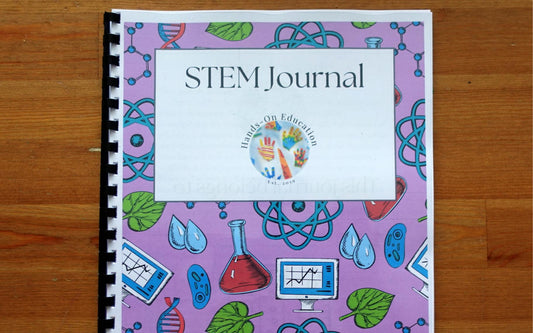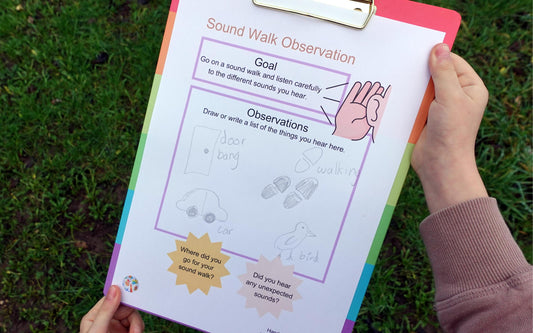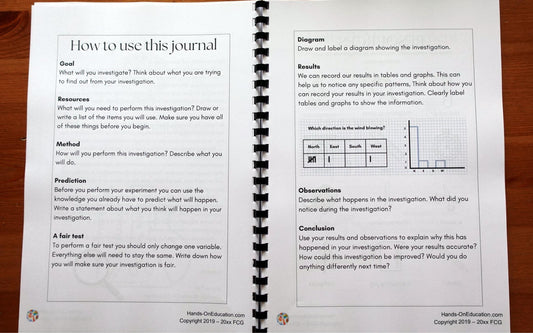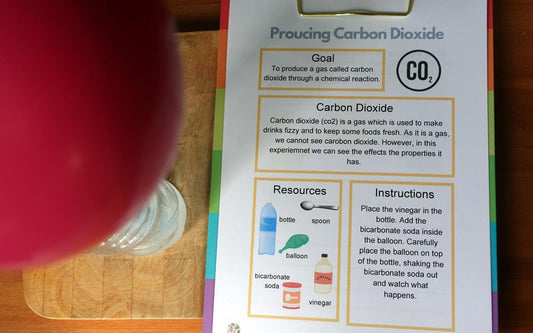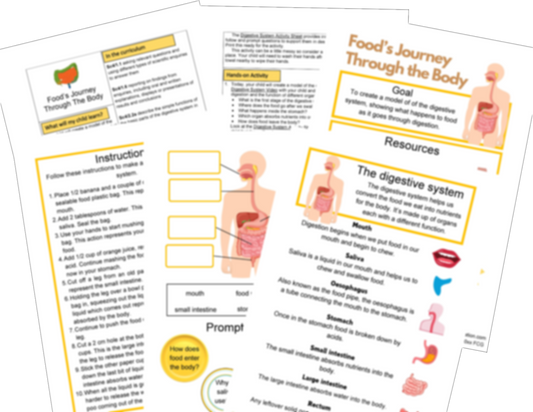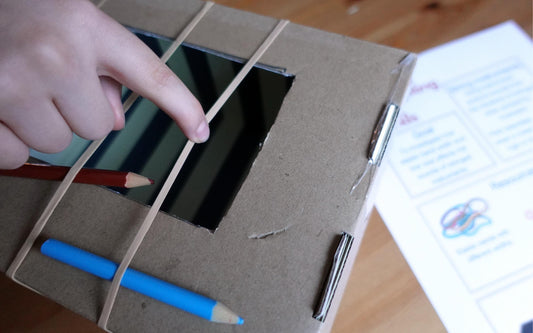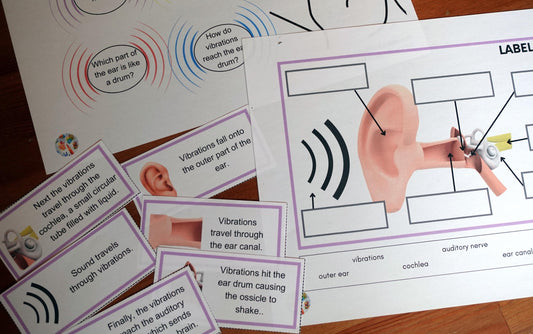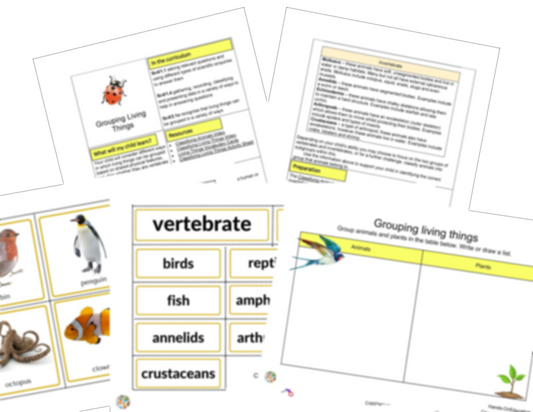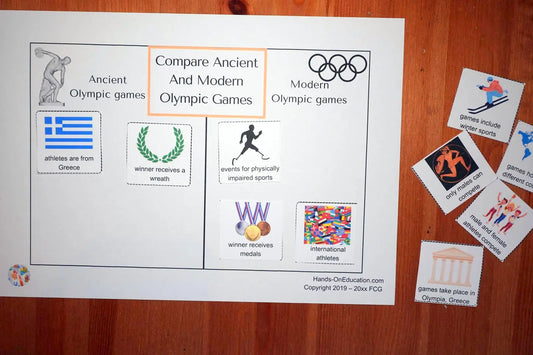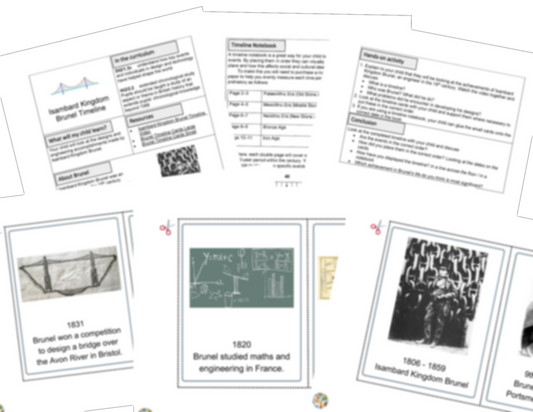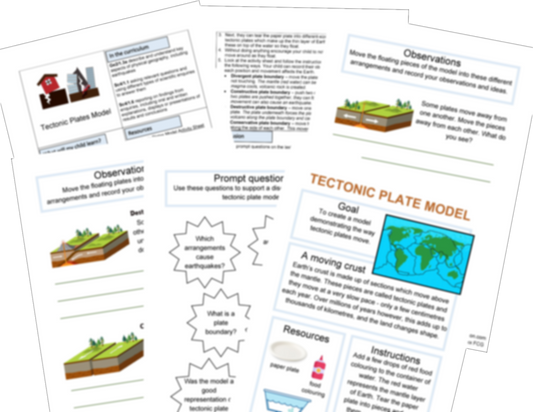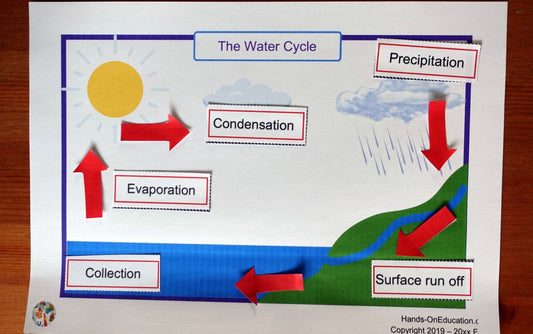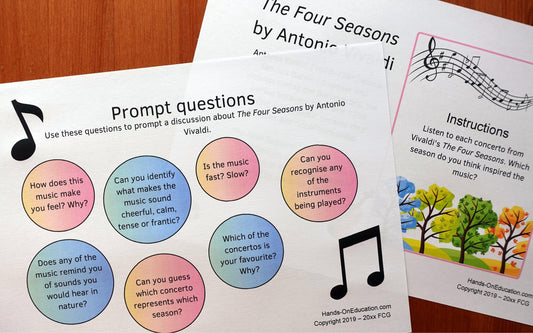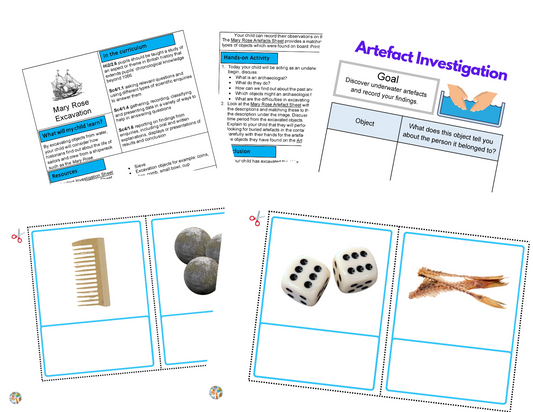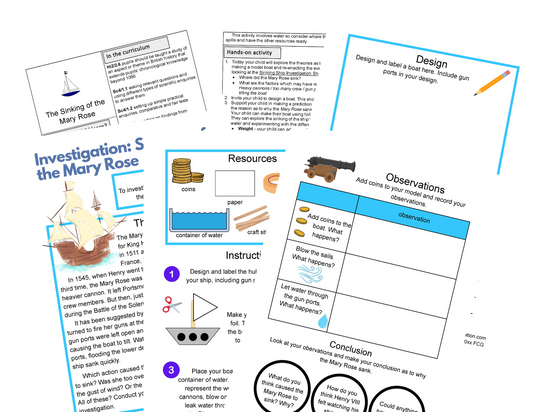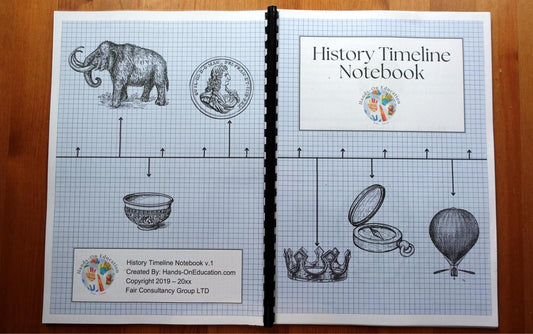
Primary Science 4
Discover our growing range of science topics.
Year 4 Science
-
Digestive System + STEM Journal
Prix habituel £7.50 GBPPrix habituelPrix unitaire / par -
Exploring Pitch & Volume + STEM Journal
Prix habituel £7.50 GBPPrix habituelPrix unitaire / par -
KS2 Enquête sur les activités sonores
Prix habituel £7.50 GBPPrix habituelPrix unitaire / par -
Défi du livre KS1
Prix habituel £4.50 GBPPrix habituelPrix unitaire / par -
KS2 Enquête sur les activités sonores
Prix habituel £7.50 GBPPrix habituelPrix unitaire / par -
Year 4 Digestive System Activities
Prix habituel £5.50 GBPPrix habituelPrix unitaire / par -
Year 4 Exploring Pitch & Volume Activities
Prix habituel £5.50 GBPPrix habituelPrix unitaire / par -
KS2 Enquête sur les activités sonores
Prix habituel £5.50 GBPPrix habituelPrix unitaire / par -
Year 4 Living Things Activities
Prix habituel £5.50 GBPPrix habituelPrix unitaire / par -
KS2 Enquête sur les activités sonores
Prix habituel £5.50 GBPPrix habituelPrix unitaire / par
Aspects of Y4 Science
-
Activités olympiques KS2
Prix habituel £5.50 GBPPrix habituelPrix unitaire / par -
Activités de construction de ponts KS2
Prix habituel £5.50 GBPPrix habituelPrix unitaire / par -
KS2 Earthquakes Activities
Prix habituel £5.50 GBPPrix habituelPrix unitaire / par -
KS2 Merveilleuses activités nautiques
Prix habituel £5.50 GBPPrix habituelPrix unitaire / par -
KS2 Antonio Vivaldi Activities
Prix habituel £5.50 GBPPrix habituelPrix unitaire / par -
Activités de construction de ponts KS2
Prix habituel £5.50 GBPPrix habituelPrix unitaire / par -
Activités de construction de ponts KS2
Prix habituel £7.50 GBPPrix habituelPrix unitaire / par -
Earthquakes + STEM Journal
Prix habituel £7.50 GBPPrix habituelPrix unitaire / par -
Activités olympiques KS2
Prix habituel £7.50 GBPPrix habituelPrix unitaire / par -
KS2 Exploring Boats
Prix habituel £5.50 GBPPrix habituelPrix unitaire / par -
Activités de construction de ponts KS2
Prix habituel £7.50 GBPPrix habituelPrix unitaire / par -
KS2 Merveilleuses activités nautiques
Prix habituel £7.50 GBPPrix habituelPrix unitaire / par
Collections & Annual Memberships
-

Key Stage 1 Topics
Over 50 KS1 Topics for your children and students Hands-On Education focuses...
-

Key Stage 2 Topics
How can Hands-On Education help in teaching Key Stage 2? Hands-On Education...
-

HOE+ Annual Memberships
Great Vaule Annual Memberships Full KS1 and KS2 Access Hands-On Education offers...
Year Four Science: Investigations, Experiments & Active Learning Resources
Bring science to life for ages 8–9 with the Year Four Science collection from Hands-On Education. This carefully curated shop selection is designed to make the curriculum rich, memorable, and fully accessible with hands-on investigations, printable packs, and engaging activities.
Year Four Science resources support children in exploring key scientific concepts, such as states of matter, sound, electricity, living things, habitats, classification, and the human digestive system. Pupils ask scientific questions, make predictions, and conduct practical experiments using accessible materials. Projects include building circuits, observing the melting and freezing of substances, investigating pitch and vibration, dissecting flowers, and comparing animal teeth—all with a strong focus on observation, recording, and drawing conclusions.
Cross-curricular links to maths, art, geography, and design and technology are woven throughout, helping children apply their science knowledge in real-world contexts. Activities include graphing results, building models, writing scientific reports, drawing and labelling diagrams, and exploring links between science and their everyday experiences.
Every lesson pack comes with step-by-step instructions, teacher notes, and printable worksheets—making it simple to deliver whole-class, group, or home-based science. Challenges and differentiation options keep more able pupils engaged while guided templates support children needing more structure.
Regularly updated with new themes and seasonal project ideas, the Year Four Science collection allows educators and parents to keep lessons fresh and inspiring all year. Whether you’re following the national curriculum or building a bespoke learning journey, Hands-On Education offers science resources that foster curiosity, investigation, and scientific thinking in every child.
Browse the Year Four Science shop collection to unlock creative, practical, and meaningful science for every learner in your classroom or home.
Latest Blog Posts
Tout afficher-

Making a Bird Seed Wreath
Make a bird seed wreath—step-by-step family project, science, bird-watching, Hands-On Education resources, plus BBC bird activity and extension ideas.
Making a Bird Seed Wreath
Make a bird seed wreath—step-by-step family project, science, bird-watching, Hands-On Education resources, plus BBC bird activity and extension ideas.
-

Make an Advent Candle
Advent candle DIY guide—holiday tradition, STEM learning, time measurement, printable projects, and BBC Christmas links.
Make an Advent Candle
Advent candle DIY guide—holiday tradition, STEM learning, time measurement, printable projects, and BBC Christmas links.
-

Brilliant Autumn Activities for Children
Explore hands-on autumn ideas—art, science, food, nature, and storytelling—for families, teachers, and home educators. Packed with printable and BBC links.
Brilliant Autumn Activities for Children
Explore hands-on autumn ideas—art, science, food, nature, and storytelling—for families, teachers, and home educators. Packed with printable and BBC links.


